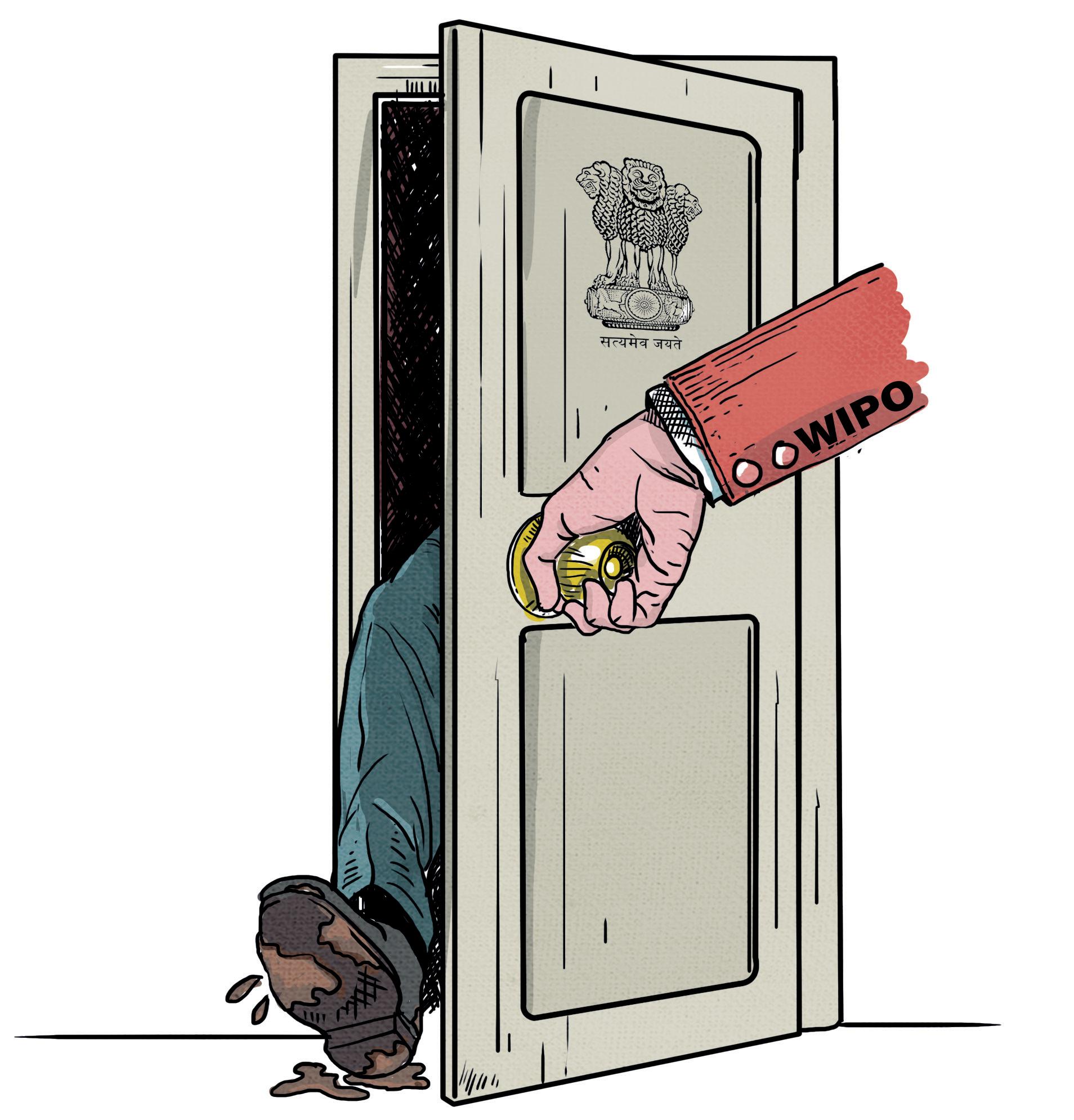India capitulates on key accord at WIPO
Down To Earth
|June 16, 2024
The WIPO treaty on genetic resources is historic, but it will override vital safeguards in India's law to prevent bad patents
-

AS AN international accord that has been in the works for a quarter century, A the WIPO Treaty on Intellectual Property, Genetic Resources and Associated Traditional Knowledge agreed upon on May 24 is being hailed as groundbreaking. WIPO or the World Intellectual Property Organization, a UN agency with 193 members, described the treaty as historic. Perhaps it is.
For one, the agreement was finally reached in the face of opposition over decades from the usual suspects-the US, Europe and Japan and the powerful lobbies of industry groups affected by the demand, which was first put forth by Colombia in 1999. In that proposal, the Colombian delegation had asked WIPO to include in the Patent Law Treaty (PLT), which was then under discussion, far-reaching provisions linking patent applications with guarantees protecting a country's biological and genetic resources.
The nub of the Colombian proposal was to ensure that the grant of patents or registrations related to such resources were legally acquired. To this end, Colombia suggested that every document should specify the registration number of the contract allowing access to genetic resources that have been used in the manufacture or development of products for which patents are being sought. Although the proposal was supported by several developing countries, it found no mention in PLT, signed in 2000, because it was opposed by the US and its allies.
Denne historien er fra June 16, 2024-utgaven av Down To Earth.
Abonner på Magzter GOLD for å få tilgang til tusenvis av kuraterte premiumhistorier og over 9000 magasiner og aviser.
Allerede abonnent? Logg på
FLERE HISTORIER FRA Down To Earth

Down To Earth
KING OF BIRDS
Revered for centuries, western tragopan now needs protection as its forests shrink, human pressures mount
3 mins
December 16, 2025

Down To Earth
WHISKERS ALL AQUIVER
Climate change threatens creatures that have weathered extreme environments for thousands of years
2 mins
December 16, 2025

Down To Earth
GOLDEN SPIRIT
Survival of the shy primate is closely tied to the health of Western Ghats
3 mins
December 16, 2025

Down To Earth
RINGED EYES IN THE CANOPY
Rapid habitat destruction forces arboreal langur to alter habits
2 mins
December 16, 2025

Down To Earth
HANGING BY THE CLIFF
The Himalaya's rarest wild goat is on the brink of local extinction
2 mins
December 16, 2025

Down To Earth
ANGEL OF THE BEAS
Conservation reserves, citizen science, and habitat protection give the Indus River dolphin a fighting chance in India
2 mins
December 16, 2025

Down To Earth
UNDER MOONLIT SCRUB
Survival of this hidden guardian tells us whether our scrublands still breathe
2 mins
December 16, 2025

Down To Earth
SYMBOL OF SILENT VALLEY
Lion-tailed macaque remains vulnerable despite past victories
2 mins
December 16, 2025

Down To Earth
THE APE IN OUR STORIES
India's only non-human ape species is a cultural icon threatened by forest fragmentation
2 mins
December 16, 2025

Down To Earth
SENTINEL OF THE HIGH COLD DESERT
The bird's evocative call may not continue to roll across the cold desert valley for long
3 mins
December 16, 2025
Listen
Translate
Change font size

